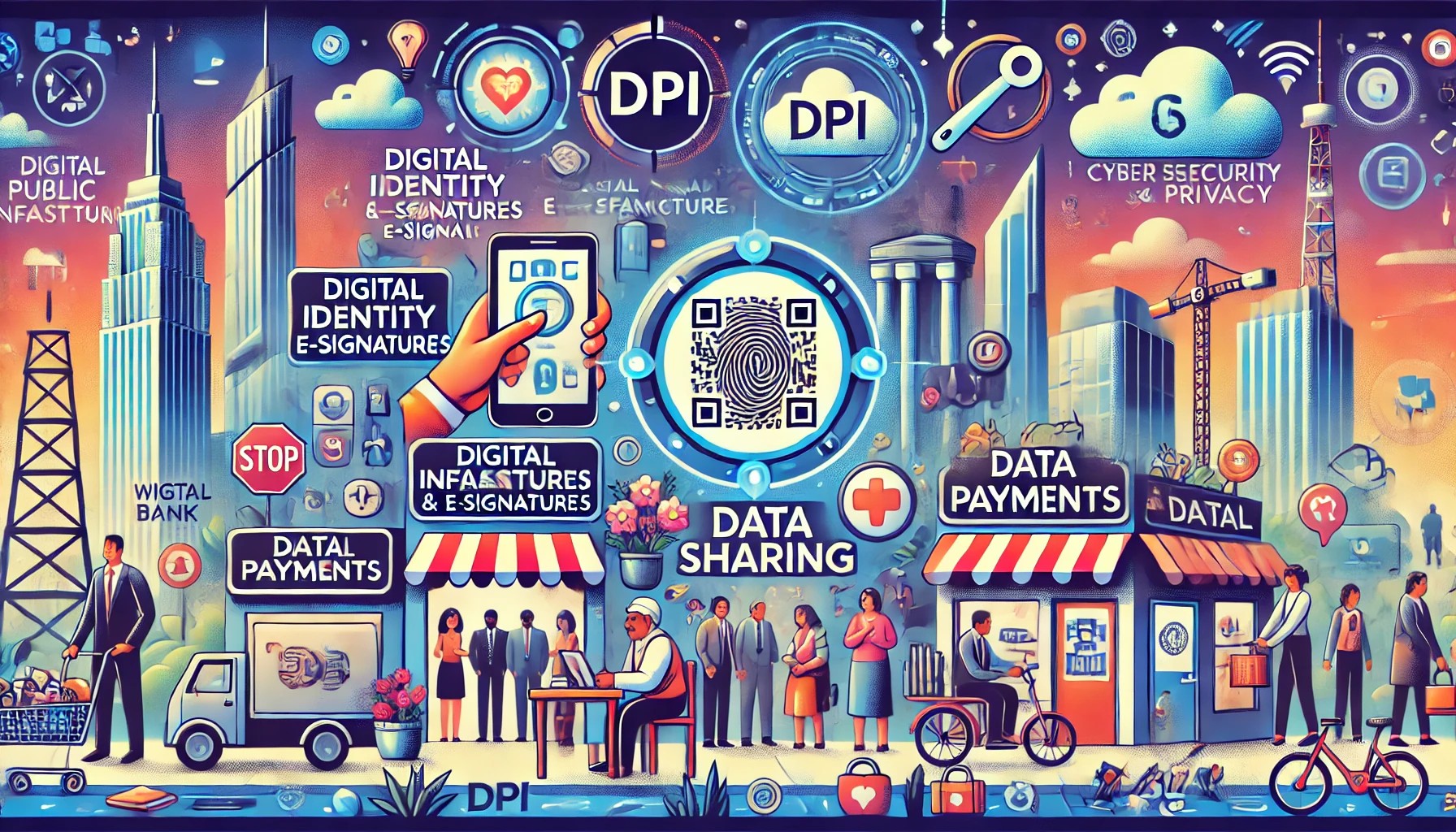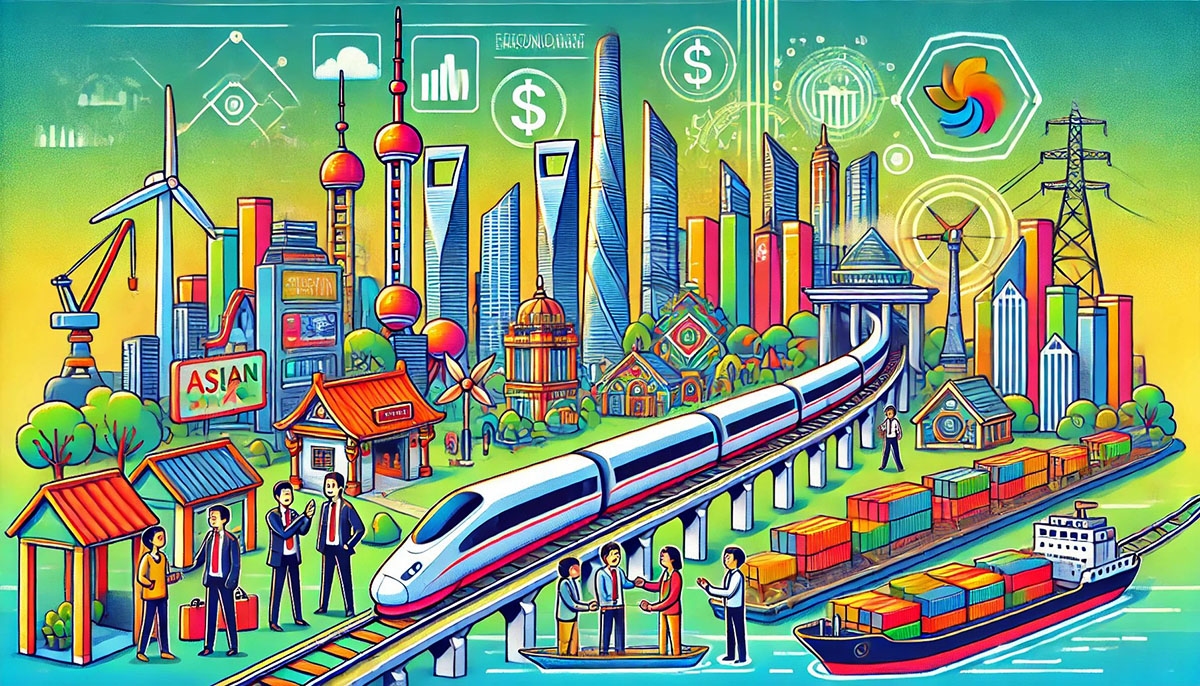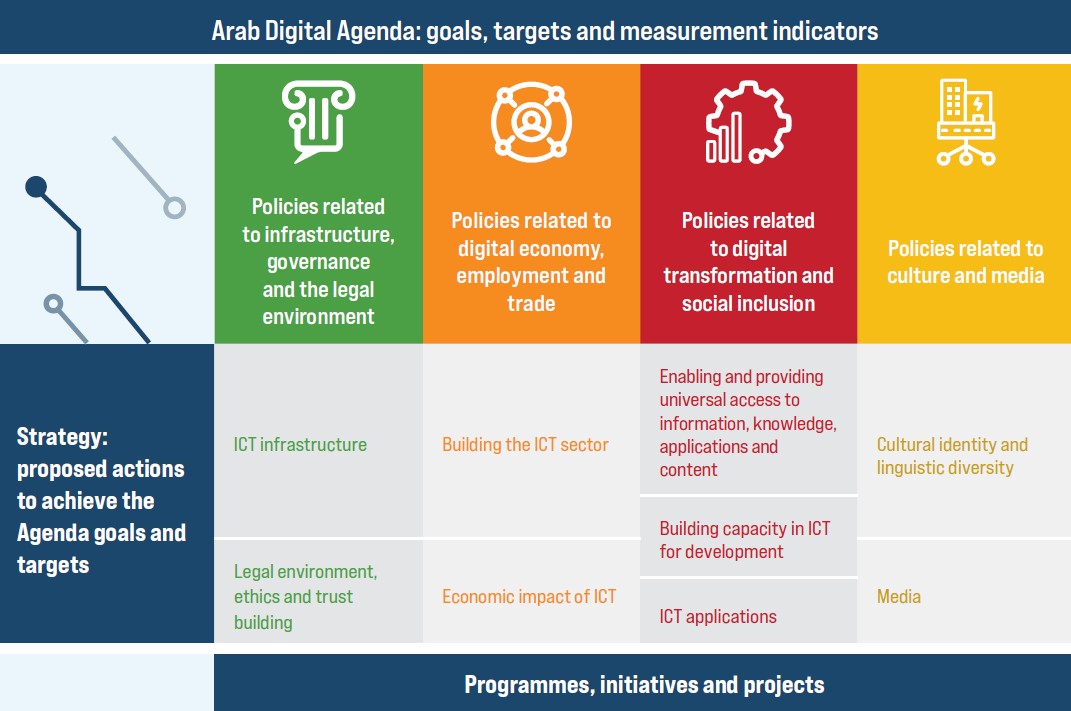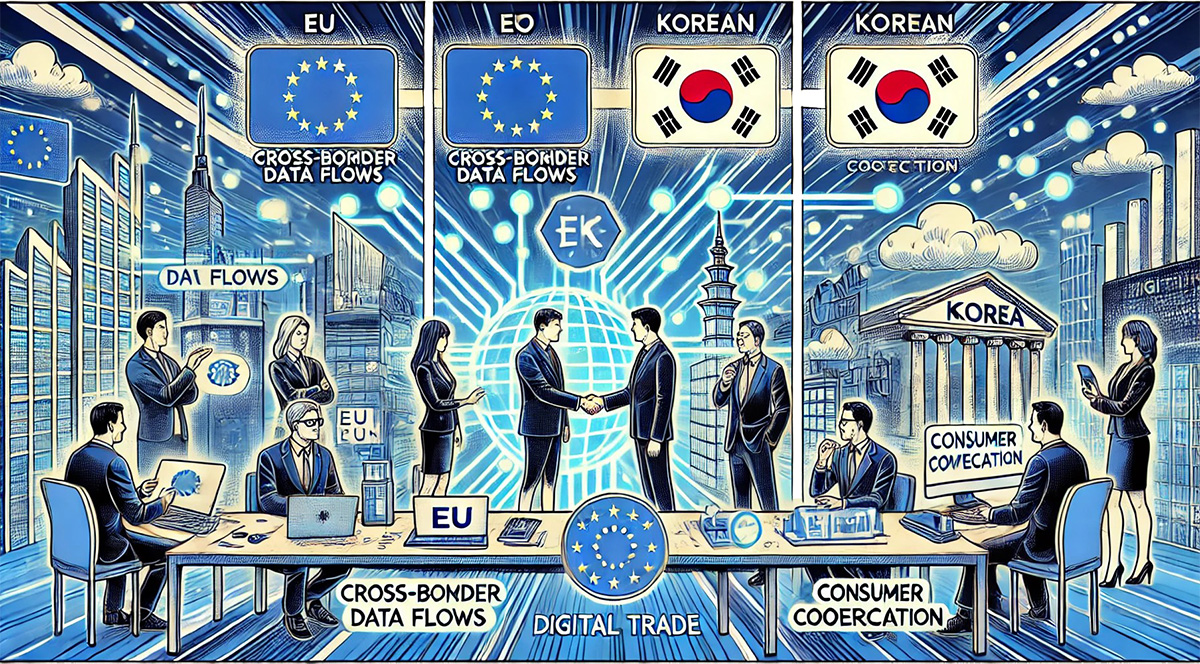interoperability
-
Less is More: Proposals to Simplify and Improve European Rule-Making in the Financial Services Sector

The report “Less is More“, authored by an expert group in February 2025 presents a critical analysis of the current regulatory framework governing the European financial services sector. It highlights the inefficiencies and complexities within the existing rule-making process and proposes strategies for simplifying and enhancing financial regulations. The report was published with the support Read more
-
Advancing the African Continental Free Trade Area: Strategic Actions for Sustainable Development

The African Continental Free Trade Area (AfCFTA) represents one of the most ambitious initiatives for economic integration on the continent. As outlined in the Economic Report on Africa 2025 (ERA 2025), this agreement has the potential to reshape Africa’s trade landscape, fostering intra-African commerce, boosting industrialization, and enhancing global competitiveness. However, to realize its full Read more
-
Elevating EU-ASEAN Relations: Towards Modern and Innovative Trade Agreements and Strategic Cooperation

The European Union (EU) and the Association of Southeast Asian Nations (ASEAN) have long maintained a robust trade relationship, serving as pivotal economic partners on the global stage. As of 2024, the EU stands as ASEAN’s third-largest trading partner, while ASEAN ranks as the EU’s fifth-largest partner. This interdependence fosters mutual economic growth and geopolitical Read more
-
Analysis of “Digital Public Infrastructure and Development: A World Bank Group Approach”

This World Bank report, published in March 2025, serves as a strategic framework for developing Digital Public Infrastructure (DPI) as a foundational element of digital transformation. It emphasizes DPI as a set of shared digital systems—such as digital identity, payments, and data-sharing—that governments and private sector players can use to create scalable, efficient, and inclusive Read more
-
Analysis of the Asian Economic Integration Report 2025: Harnessing the Benefits of Regional Cooperation and Integration

The Asian Economic Integration Report 2025 (AEIR 2025), published by the Asian Development Bank (ADB), marks the 10th anniversary of this flagship publication. The report provides a comprehensive analysis of the deepening regional integration in Asia and the Pacific over the past two decades, focusing on trade, global value chains (GVCs), investment, finance, and the Read more
-
The European Union (EU) and the Republic of Korea have recently achieved significant milestones in enhancing their digital trade relations, culminating in the conclusion of negotiations for a landmark Digital Trade Agreement (DTA) on March 10, 2025. This agreement underscores both parties’ commitment to fostering a robust and forward-looking partnership capable of navigating the rapidly Read more
-
Tanzania’s Digital Economy Strategic Framework (DESF) is a comprehensive plan to leverage digital technologies for economic growth, industrialization, and financial inclusion. It aligns with national policies, such as Tanzania Development Vision 2025, and international agendas like the UN Sustainable Development Goals (SDGs) and the African Union’s Agenda 2063. Key Objectives and Vision The framework aims Read more
-
Navigating the Intersection of International Trade Law and Global Data Governance: Challenges and Strategies

In an era where data has become the backbone of economic growth and innovation, the intersection of international trade law and global data governance presents both opportunities and challenges. The growing digital economy relies heavily on cross-border data flows, yet regulatory frameworks vary significantly across jurisdictions. As countries implement data protection, cybersecurity, and competition laws, Read more
-
The Role of Base Added Attachments (BAA) in the Arab Digital Strategy: Enhancing Trade, Trade Finance, and Logistics

The Arab Digital Agenda (ADA) 2023–2033 serves as a comprehensive framework for digital transformation across the Arab region, addressing key economic sectors such as trade, trade finance, and logistics. The integration of Base Added Attachments (BAA) within this digital ecosystem is poised to revolutionize these sectors by enhancing efficiency, transparency, and security. Understanding Base Added Read more
-
In today’s rapidly evolving digital economy, the integration of trade and finance has the potential to create a more inclusive, efficient, and resilient global marketplace. However, fragmentation, interoperability challenges, and financing gaps, particularly for small and medium-sized enterprises (SMEs), continue to pose significant barriers to achieving this vision. The report highlights key challenges and opportunities Read more



